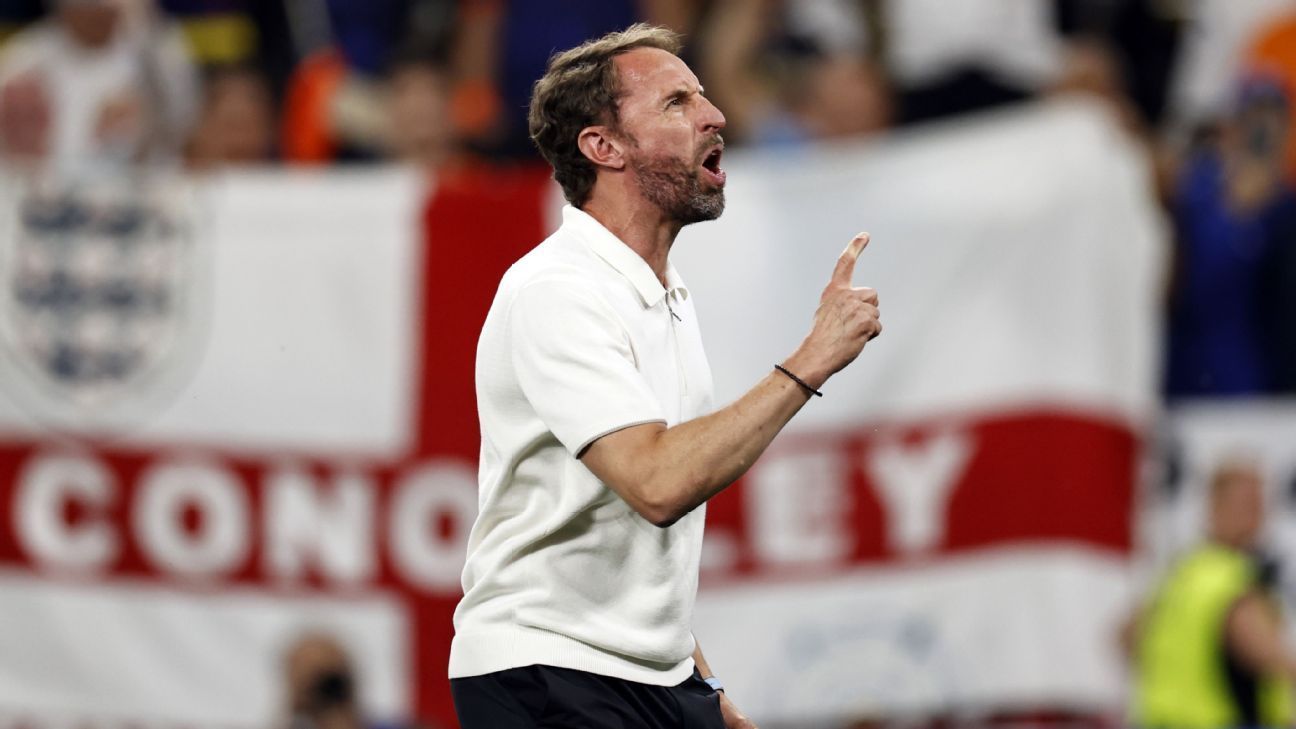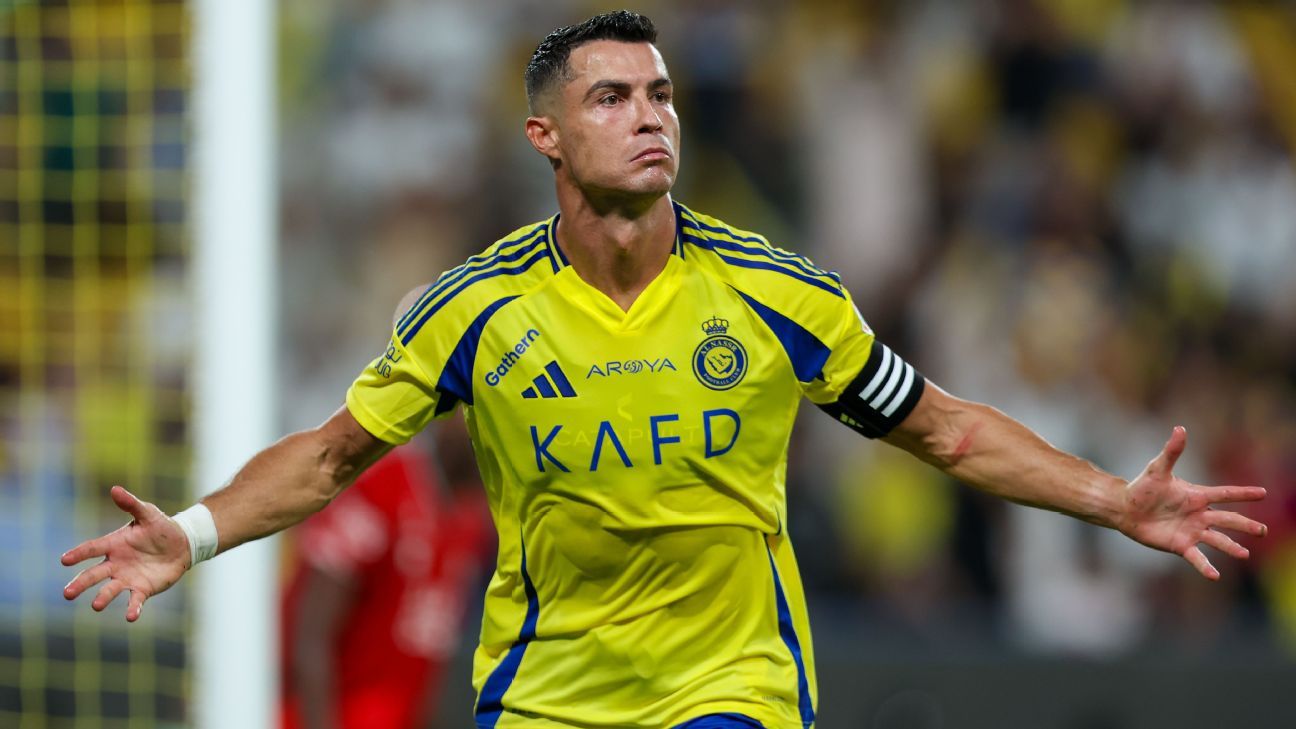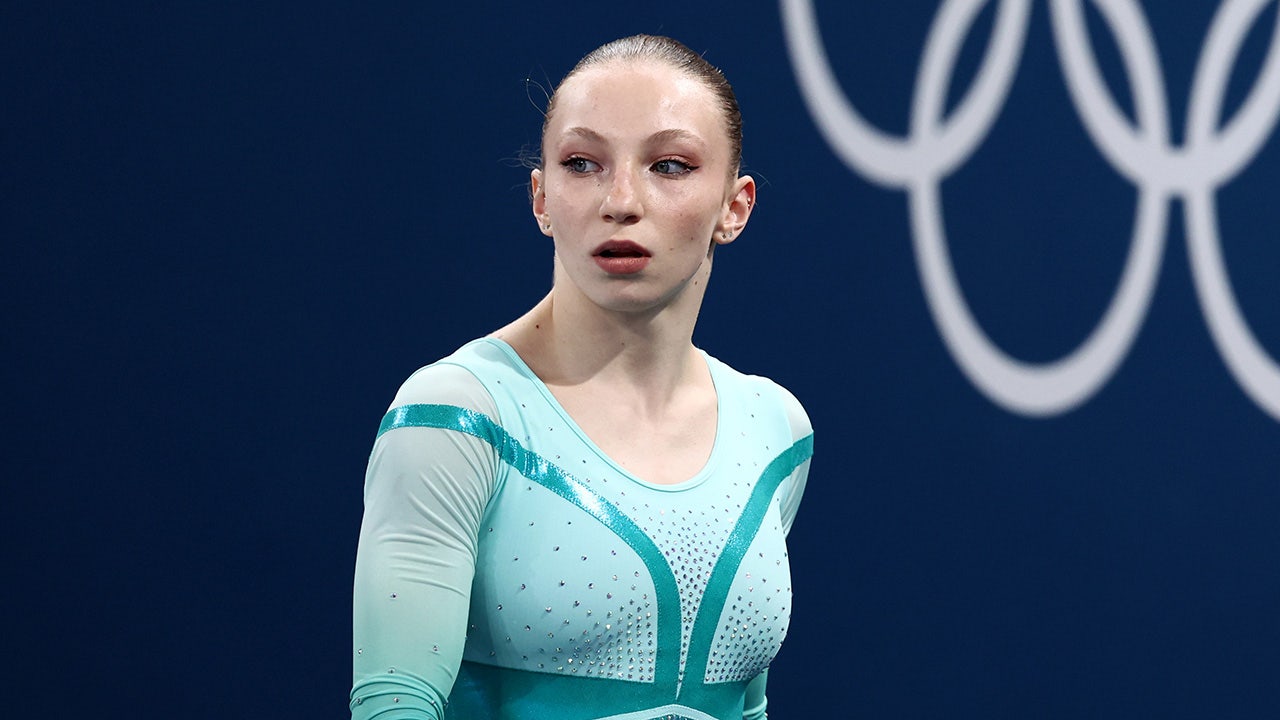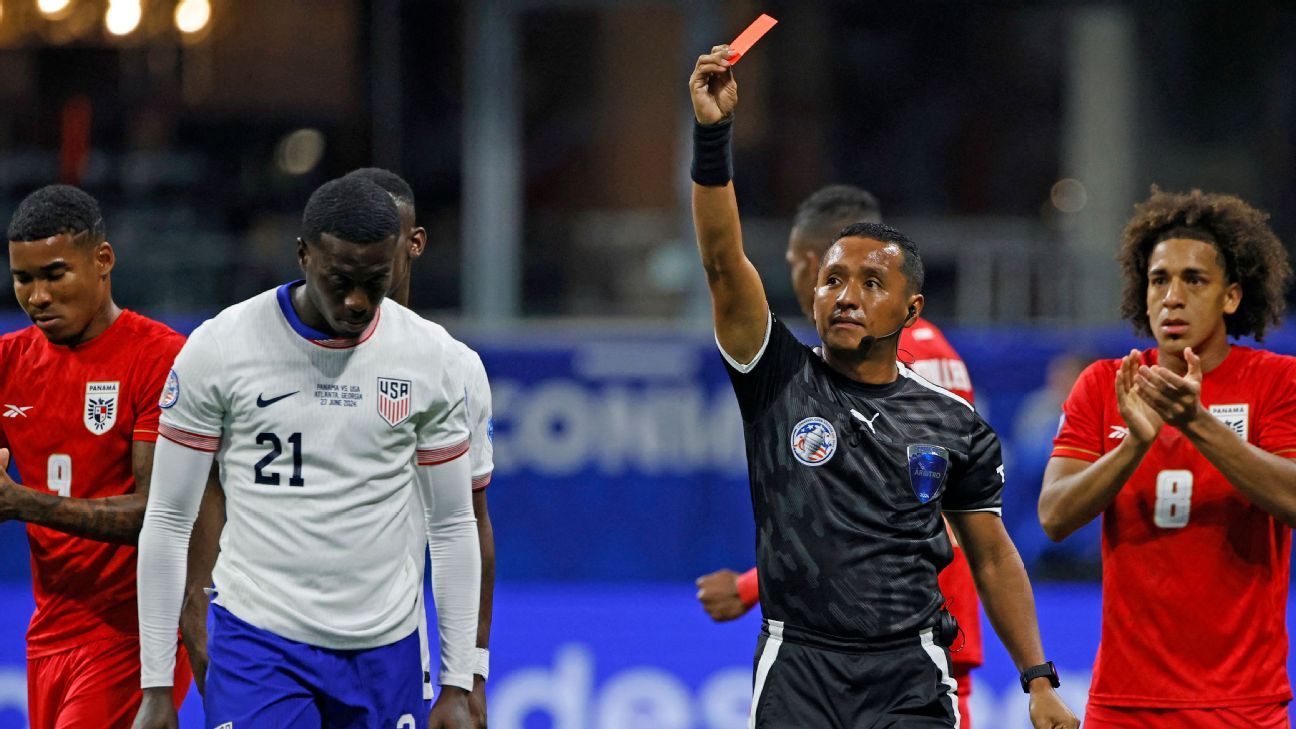BERLIN — It has been an eventful journey from figure of ridicule to the brink of national treasure status for Gareth Southgate, a path that included pizza, plastic beer cups and a brief stint as a fashion icon, and now the England men's national team manager is potentially 90 minutes away from ending a 28-year wait for redemption at Euro 2024.
Very few people are lucky enough to experience a defining moment in their career, and even fewer are given the chance to make amends for a negative moment. But Southgate has been so successful since taking charge of England in 2016 – eclipsing all but one of his predecessors – that the moment that haunted him no longer defines him.
Of course, it is still there: the mistake in the penalty shoot-out against Germany in the Euro 96 semi-final that ended England's hopes of a first major title since the 1966 World Cup. Almost three decades on, despite having reached two finals and a semi-final in his four major tournaments as a manager, the shadow looms over Southgate.
“The issue is still brought up all the time, particularly in the media outside of England,” a source close to Southgate told ESPN. “He will never be able to completely get over it.”
If England beat Spain in Sunday's Euro 2024 final in Berlin, Southgate will almost certainly be heading to Buckingham Palace to be knighted by King Charles III and become “Sir Gareth”. Less than three weeks ago, disgruntled England fans were pelting him with plastic beer cups after a goalless draw with Slovenia in the group stage, but Southgate knows all about the ups and downs of footballing life.
Shortly after missing the penalty in 1996, Southgate agreed to take part in a television advertisement for the UK restaurant chain Pizza Hut that capitalised on his penalty-kicking error. In the advert, he meets former England players Stuart Pearce and Chris Waddle (who both missed penalties in the 1990 World Cup shoot-out against Germany) for a pizza, and spends the meal being mocked by Pearce and Waddle. For much of the scene, Southgate wears a brown paper bag over his head to emphasise his desperation to remain anonymous.
It may be excruciating to watch, but it is also an example of Southgate's sense of humour and level-headedness. However, when asked about the missed penalty almost two decades later, the scars were clearly raw.
“It affected me a lot afterwards and it still does to this day,” Southgate told FourFourTwo in 2012. “Every day when I walk down the street, it's always mentioned to me. Of course, it's annoying. When you've played for 20 years and that's the first thing people think of you, it's a bit depressing.”
Southgate is currently, according to some sources, appearing “relaxed and philosophical” about his missed spot-kick. It probably helps that England have had success in shoot-outs since he took over as manager in 2016, beating Colombia at Russia 2018 and Switzerland at Euro 2024. The only blemish on their record was the penalty shoot-out defeat to Italy in the Euro 2020 final at Wembley.
But why should a missed penalty in 1996 matter 28 years later? For Southgate, winning on Sunday would be the crowning moment of his career, but he could also get his hands on the trophy that eluded him and England all those years ago. There would be a sense that his footballing journey would be completed in Germany rather than against Germany – this is also England’s first appearance in a major final at a tournament not home to them – but he will not beat around the bush about such minor details if England become European champions.
As well as being able to bury the memory of Euro 1996, Southgate would also be assured of the love and affection he feels he has been largely denied. The exception to that alleged coldness from fans was a few weeks in 2018 when he led England to the World Cup semi-finals, a month when fans across England bought navy vests in homage to their chosen outfit during the tournament.
During his tenure, Southgate has had to deal with boos from fans after defeats and criticism from all quarters over his team selection and tactics. In recent months, sources have said he is tired of the criticism and negativity, both of which could lead to him leaving his post after the Euros, whether England lift the trophy or not. After almost eight years in charge, a period in which Southgate has been expected to build a winning team while also acting as the voice of the English Football Association and all manner of non-football issues, the strain is starting to tell.
“We all want to be liked, don't we?” Southgate said after Wednesday's 2-1 semi-final win over the Netherlands. “When you do something for your country and you're a proud Englishman, when you don't feel that and all you read is criticism, it's tough.”
Four days earlier, after the penalty shoot-out win over Switzerland in the quarter-finals, Southgate spoke again of the frustrations of his job and its draining effects. “From time to time, no doubt, this job has to be a pleasure,” he said. “I love the players and sharing that moment with them, but I can't deny that when things get as personal as they have, it hurts.”
“I don't think it's normal to have beer thrown on you. It's been an unusual environment to work in.”
A friend of Southgate told ESPN that the one quality of the England manager that fans underestimate is his “genuine interest in his players and his team.” Making the England team something that players wanted to be a part of was Southgate’s priority when he took charge in 2016, shortly after a dismal European Championship campaign. England were knocked out by Iceland in the last 16 of that tournament in France, during which the atmosphere within the team was so suspicious and defensive that one player even refused to answer a question at a press conference about who was winning the team’s darts competition.
Southgate changed the mood and looked to the future by making important decisions on player selection. He ended Wayne Rooney's international career and omitted a senior player from his squad for Russia 2018 because of concerns that he would be, according to one source, “a pain in the neck” if he was not selected to play. His poor run of form – here he credits assistant manager Steve Holland with making him realise that planning for the future must also deliver success in the present – has also seen him leave Joe Hart, Raheem Sterling, Marcus Rashford and Jack Grealish out of the tournament squads.
Southgate has also belied his reputation as a cautious, risk-averse manager by allowing teenagers such as Jude Bellingham, Jadon Sancho and Kobbie Mainoo to make international debuts. When criticised for taking too long to make tactical changes in Euro 2024 games, he has silenced the doubters by getting it right when he finally does act. England’s winner in the semi-final against the Dutch was scored by Ollie Watkins and set up by Cole Palmer, two substitutes who had been sent on by Southgate with less than 10 minutes still to play. Ivan Toney also made a decisive contribution in the last-16 win against Slovakia after coming on as a substitute.
Southgate and his players may have been lucky in Germany, but Southgate could argue that luck is built on eight years of work and preparation. Southgate could even claim that he deserves some good luck after being brave enough to take that penalty and miss it in 1996. But while that painful memory will never leave him, even if he walks out of Berlin's Olympic Stadium with a winner's medal on Sunday, Southgate has not let it dictate the rest of his career.
“A sports psychologist once said that only an idiot would replay his mistakes in his head,” Southgate said when asked about the missed penalty. “And I'm not an idiot.”
Southgate is not exactly that. Some may underestimate and underappreciate him, but his calm, measured approach to the England job has transformed the Three Lions from perennial failures into genuine contenders. And in doing so, he is no longer the guy who once missed a penalty. He is the guy who made England's men competitive again.












